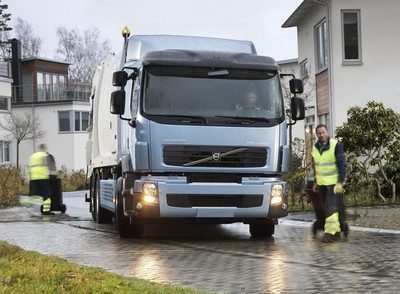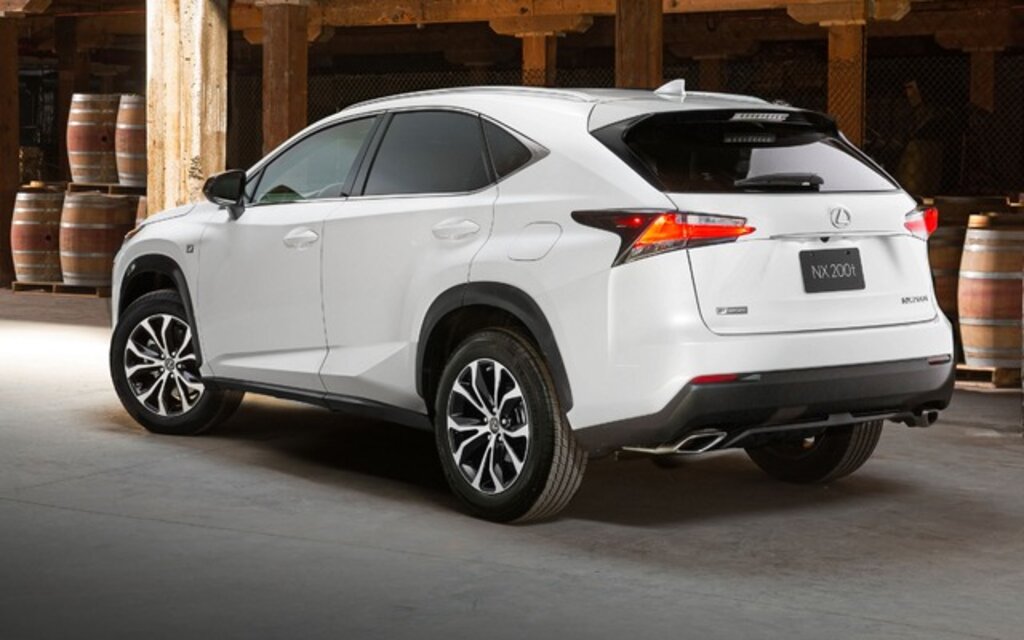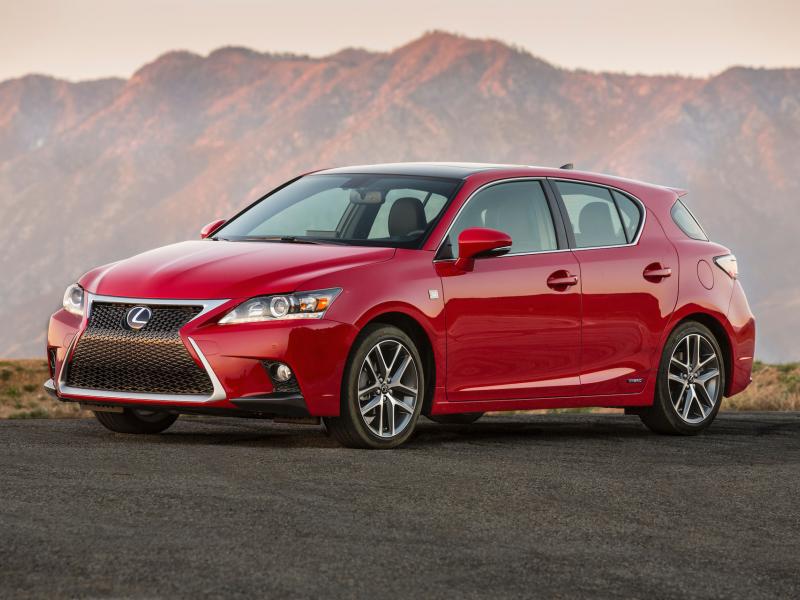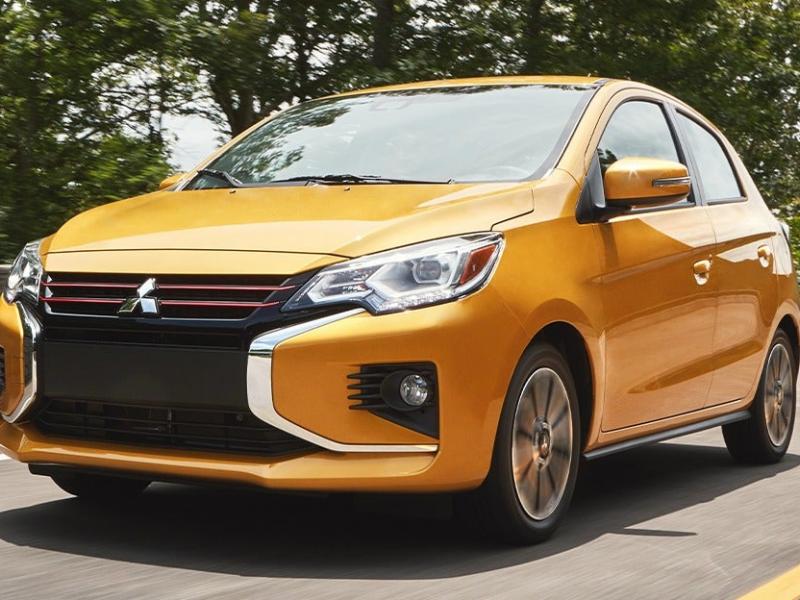Volvo FE Hybrid Truck Premieres In Europe
In their quest to become the world leader in making hybrid commercial trucks, Volvo premiers their new line of FE Hybrid trucks in Europe.
They’ve started production of the first batch of FE hybrids following an extensive testing programs. The first 100 examples will be delivered to customers in 13 European countries form 2011 to 2013 and during this course they will monitor its performance in real world condition to make changes if necessary.
The new hybrid trucks are not only quieter and cleaner than conventional diesel and petrol models, they result in a fuel saving of up to 30 percent. That said, they are not yet allowed for urban operation and will only be used for distribution business.

Volvo FE’s hybrid system includes a 7-litre diesel engine producing 340hp and 1300Nm of torque in refuse operations and 300hp/1160Nm of torque in distribution operations. The diesel operates in parallel with a 120 kilowatt electric motor. The electric motor gets its power from the very latest type of lithium ion batteries.
Check out the official press release for more details:
Volvo Trucks is starting to sell heavy hybrid trucks following a series of comprehensive field tests. In June, limited series production of approximately 100 hybrid trucks will get under way. Delivery of the trucks to customers in selected markets in Europe will occur from 2011 to 2013.
The quieter and cleaner hybrid trucks make possible fuel savings of up to 30 per cent and will primarily be used in distribution and refuse operations in urban environments.
“Our new Volvo FE Hybrid is a fantastic high-tech truck, which has already created a large amount of interest. It’s clear that there is a great demand for heavy hybrids,” says Claes Nilsson, President of Volvo Trucks’ Europe Division.
The Volvo FE Hybrid will initially be delivered to 13 European countries, and sales may be extended to additional markets in the longer term. The trucks will be manufactured in limited series production because the advanced hybrid technology requires customised production solutions. Battery technology is also constantly evolving. This means that the company’s after sales organisation must be trained in parallel to provide the right service to customers.
“The fact that we are starting production of hybrids now is tremendously inspiring and important for future product development since some form of hybrid technology will exist in most trucks in the future. Hybridization is definitely an important piece of the puzzle for more fuel efficient transport,” says Claes Nilsson.
Hybrid technology is best suited to dense urban traffic where the number of stop-start cycles is high. To ensure the right level of quality and service, field tests have been held with a number of Volvo customers since spring 2008. Depending on the driving cycle, the Volvo FE Hybrid can cut fuel and carbon dioxide emissions by between 15 and 20 per cent. In addition, using the electric compactor on the hybrid refuse trucks, up to 30 per cent can be saved.
The Volvo FE Hybrid is a parallel hybrid, which means that energy from the diesel engine and electric motor can be utilised either together or independently of one another. The system switches automatically between the two power sources. When the hybrid is driven in first gear, the vehicle is powered solely by its electric motor, giving the driver alert throttle response and thus excellent driveability. Then, when the hybrid mode kicks in, the diesel engine and the electric motor will work in parallel to optimise fuel savings.
What is more, Volvo’s hybrid technology is designed to recover as much as energy as possible during braking. No extra recharging from external sources is required. Electric power also cuts the overall noise level.
“The hybrid truck whispers its way around the streets, which improves the environment for the residents and, of course, for the people who operate the vehicle every day. During acceleration, the noise level is half that of a conventional diesel truck,” says Claes Nilsson.
The hybrid trucks, which are designed for applications up to 26 tonne gross weight, are available with a leasing agreement that encompasses a full maintenance and repair contract.




